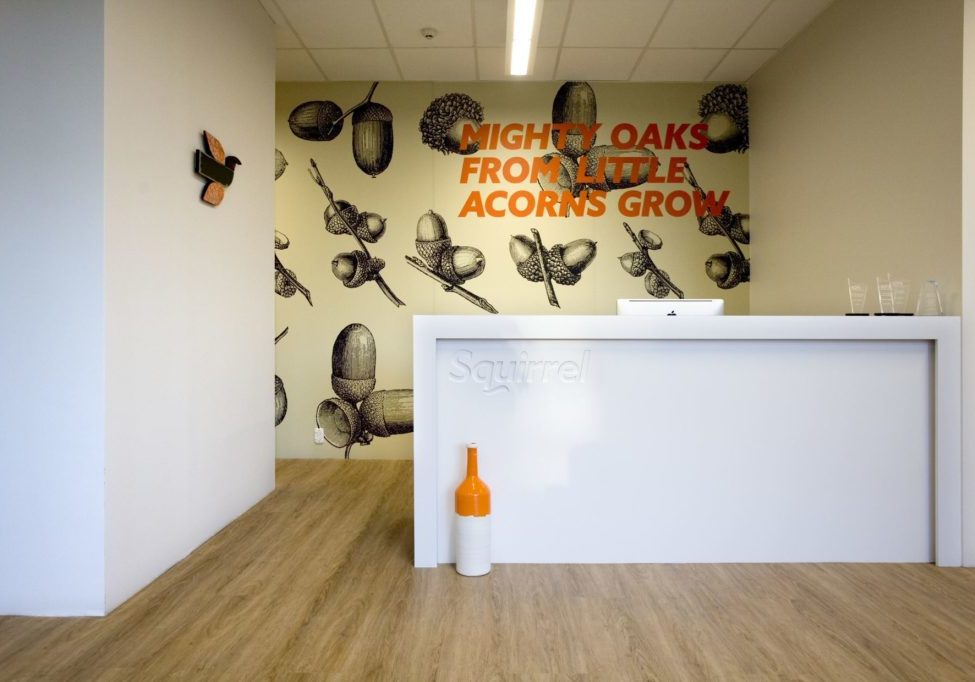
Bring Your Own Device (BYOD) seems to be the way things are going. But how do you keep productivity up and your systems safe?
You may be looking at BYOD as a possible way to reduce costs (you don't have to purchase the devices). But unregulated use of people's own software apps and devices poses security risks, as well as a focus for distraction. We can help you develop and implement a policy around BYOD to minimise the risk to your systems.
Let's focus on the positives here, rather than the negatives. Implementing BYOD in your business means you are adapting to the changing needs of your workforce. After all, whether you like it or not, your employees are already using their own devices at work; at break times they are probably checking their emails, social media, or playing games. But rather than experiencing lower productivity, employers around the world have found that allowing employees to use their own devices for work increases job satisfaction and output through better work/life balance.
In addition, BYOD has the benefit of cost savings for your business; and it might even help recruit the right staff as millennials and Gen Z become the dominant portion of the general workforce in the coming years.
BYOD is a great way for schools to keep costs to a minimum in these times of increasing digital learning. Here at Imagetext we even offer a customised "school BYOD store" where your students and staff can purchase approved devices.
If you implement BYOD, there is an increased risk for data security and a perceived risk of employee/student distractability. The way to mitigate this is with a robust BYOD policy. Your approach to BYOD needs to address the potential risks while minimising intrusions on personal use. We can help you put together a policy encompassing acceptable use, device authentication, data security, allowed software, mobile device management tools, VPN connectivity (encryption), firewalls, compliance, IT support and privacy.
We are also able to advise you on cross-platform software that can work across a variety of devices. And you may consider limiting your BYOD policy to certain device types or operating systems, depending on your business needs.

Relevant Case Studies
Orion Health Case Study
Long-distance relationships: when distance is just a number Orion Health is a global, award-winning provider of health information technology, advancing population health and precision medicine solutions for the delivery of care across the entire health ecosystem. Founded in Auckland, New Zealand in 1993, Orion Health’s focus for 29 years has been on delivering software, services…
Squirrel Case Study
Squirrel streamlines device management and improves the user experience with Jamf With headquarters in Auckland, New Zealand, Squirrel is a quirky brand and trusted mortgage company who’s written over $8 billion in home loans and $100 million in peer-to-peer loans – helping out a lot of Kiwis in the process. They’ve been in business for…
Ready to get started?
Our partners
Services
More Services
Contact Imagetext
Phone: +64 (09) 623 3102
Level 1, 3 Owens Road,
Epsom, Auckland 1023
New Zealand










